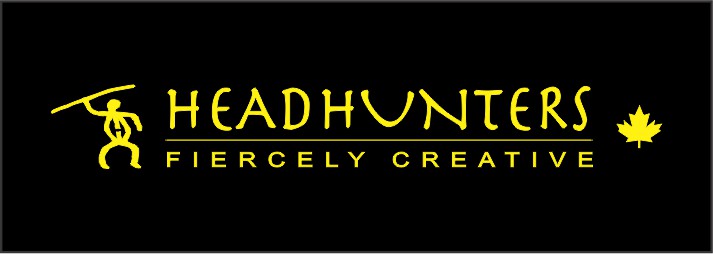Series 1.0
Preparing to Perform vs. Practicing
“How to Give Up Practicing and Become a Great Player”
The purpose of all practice is to prepare for performance; if this is not our guiding ethos, then our practicing, no matter how well-intentioned, is a waste of valuable time and effort. The idea that we can practice without awareness of the function of what we are learning and how it applies to a given repertoire has never been entirely effective. In a world where finding enough practice time is ever more challenging, and where opportunities to play regularly can be few and far between, how we spend our practice time each day has never been more critical.
The drum set is a relatively new instrument, created at the turn of the last century to facilitate the playing of jazz. In a short period of time the drum set has come to dominate the sound and feel of non-classical music worldwide. It has been central to the development of new genres of music, including jazz, blues, rock & roll, and pop music generally, and it has also gradually made its way into traditional genres such as country music. This rapid growth, combined with the absence of a developmental repertoire for the drum set, has been a problem which is only now being fully addressed. This article seeks to help correct this problem by incorporating a few fundamental performance-based criteria into our daily practice routine.
The best jazz musicians I have known all learned to play jazz by learning to play tunes rather than mindlessly practicing scales. In fairness, I’m sure they all diligently practiced their scales; however that was not what made them great players. What made them great was a two-step process. First, they learned tunes, acquiring the necessary technical skills (i.e., chops) required to play those tunes well. Secondly, by virtue of the repertoire knowledge they developed these players were offered opportunities to perform regularly, often with more advanced players, and this gave them the chance to learn the skills that can only be learned through performance. It was their ability play the music well, not their raw instrumental skill (as important as that is) that was the key to their success. When the needs of performance are at the center of our practicing we are not simply practicing but we are preparing to perform.
Let me be clear here. No one hires a drummer for how well they play the drums—at the professional level it is assumed that you can play your instrument. A drummer (or any musician, for that matter) gets hired on the basis of how well they can play the music in question. This can be a hard lesson for a young drummer to learn, having devoted endless hours to developing killer chops only to see gigs go to players of lesser technical development. It can also be unnecessarily discouraging.
Preparing to Perform simply means that by placing the learning process—what we have traditionally referred to as practicing—in the context of performance we will, by design develop drumming skills that are directly related to the performances for which we are preparing. In Part two of Preparing to Perform I will look at some practical ways to apply these concepts.
Education at its best an interactive process so please send along your comments, observations and questions. Looking forward to hearing from you all.
LMN
